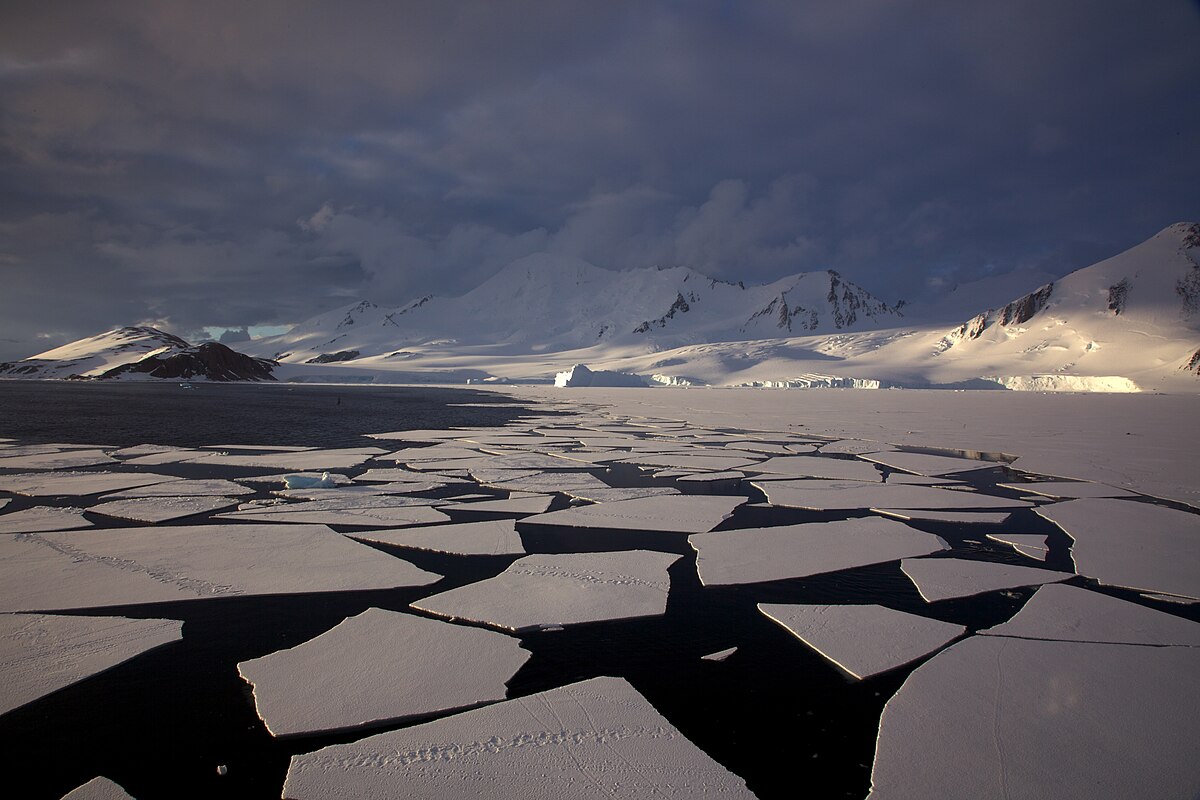Antarctic Sea Ice Hits Record Low
On Monday, the US National Snow and Ice Data Center (NSIDC) announced that the sea ice in the waters that surround Antarctica reached a new record low this past winter....

0:00
/0:00
Facts
- On Monday, the US National Snow and Ice Data Center (NSIDC) announced that the sea ice in the waters that surround Antarctica reached a new record low this past winter.1
- During the changes in seasons in the Antarctic region, sea ice grows and retracts and is measured by its maximum coverage at the conclusion of winter. The sea ice reaches its minimum in February and should reach its maximum in mid-September.2
- As of September 10, the maximum sea ice coverage had maxed out at 6.55M square miles (16.96M sq km). During the winter, the sea ice coverage dipped as low as 397K square miles (1M sq km), or an area similar in size to Texas.3
- Sea ice loss can impact wildlife including penguins that depend on sea ice for migration and breeding. In addition, a low level of sea ice cover also means a reduction in sunlight reflected back into the atmosphere that can exacerbate the warming of Earth.4
- Cecilia Bitz, a climate scientist specializing in sea ice with the University of Washington said, “The last three or four months now is nothing like we’ve seen before, or would have expected, ever.” She went on to say, “This tells me that the climate change we’re seeing is outside our range of experience and can’t be explained by natural variability.”5
- Some experts aren’t comfortable blaming sea ice loss on global warming, and some climate models have historically had challenges linking Antarctic sea ice to broader trends.6
Sources: 1Dw.com, 2Washington Post, 3Al Jazeera, 4Reuters, 5Bloomberg and 6Phys.
Narratives
- Narrative A, as provided by Science times. Climate activists are wrong when they claim sea ice loss is a significant concern. There are economic gains to be made as the ice recedes, as the Arctic will become the new frontier for companies willing to commit to exploration. A significant portion of the globe’s undiscovered oil, gas, and mineral supply is in the polar region — the benefits may outweigh the costs when ice melts.
- Narrative B, as provided by Washington Post. The loss of sea ice will forever change the landscape and humanity. The rapid reduction in sea ice will lead sunlight to be trapped on Earth's surface, further warming the seas and promoting more sea ice loss. Warming seas will become rising seas, leading to more problems. Adding sea ice loss to the climate equation creates a bleak result.






